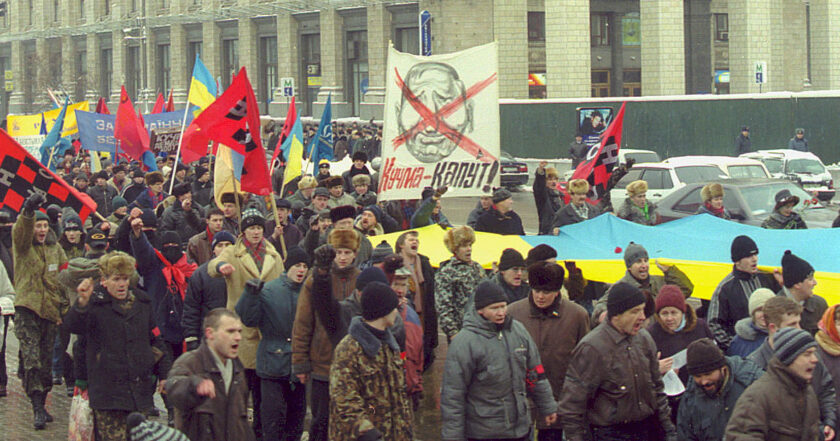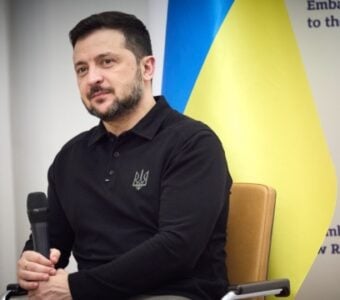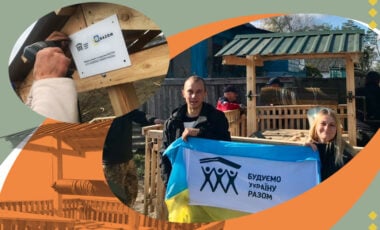Demonstration which became Orange Revolution forerunner turns 20. Why "Ukraine without Kuchma" ended in mass fights and where we went wrong later

March 9, 2001, is one of the most important days in the modern history of Ukraine. The first large-scale clashes between protesters and security officials began in the morning in the Kyiv center; officials defended the then-President Leonid Kuchma during the laying of flowers at the monument to Taras Shevchenko. Tellingly, Kuchma's company comprised two important Viktors for Ukrainian politics: the then Vice-Speaker of the Verkhovna Rada Medvedchuk and Prime Minister Yushchenko, who'll be removed from his post in just a few months and become "the leader of the democratic opposition."
This day was the peak of a civil protest called "Ukraine without Kuchma," which was launched in December by four activists: Volodymyr Chemerys, Mykhailo Svystovych, Oleh Levytskyi, and Andrii Pidpalyi. The reason was the "cassette scandal" — the publication of tapes with audio recordings of conversations made by Kuchma's security officer Mykola Melnichenko by the leader of the socialists, Oleksandr Moroz. After that, there were strong reasons to suspect that the disappearance and murder of Heorhiy Honhadze was the work of the top leadership of Ukraine.
The clashes on March 9 gave rise to a whole wave of repressions from the state: many activists received real terms, and in the end, it all concluded with the Orange Revolution.
Rubryka contacted one of the organizers of the "Ukraine without Kuchma" demonstration, Volodymyr Chemerys. How the confrontation began, why violent demonstrations played directly into the authorities, what mistakes Ukraine made over these 20 years, and what awaits us next, read on our website.
This publication is available in Ukrainian and Russian. The English translation hasn’t been produced yet. Support us to make the translation faster - follow the link for instructions





















































